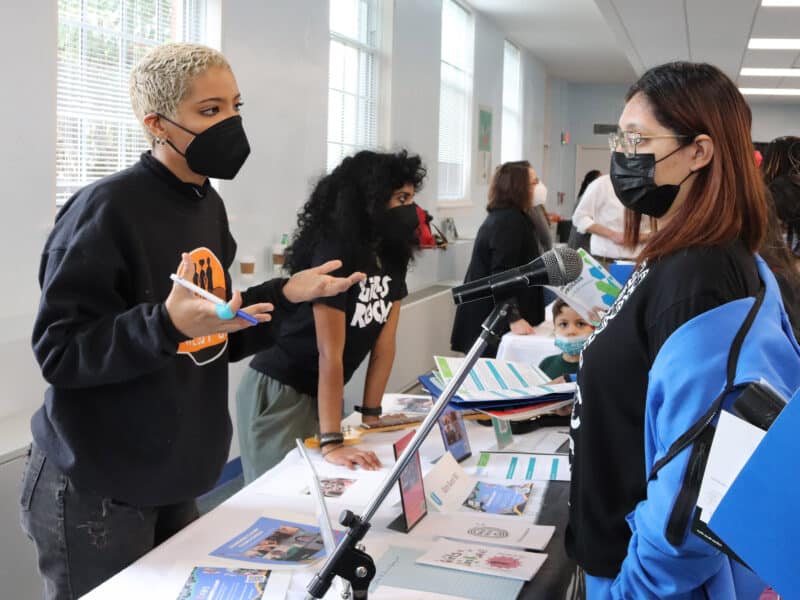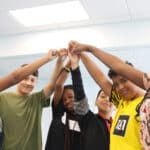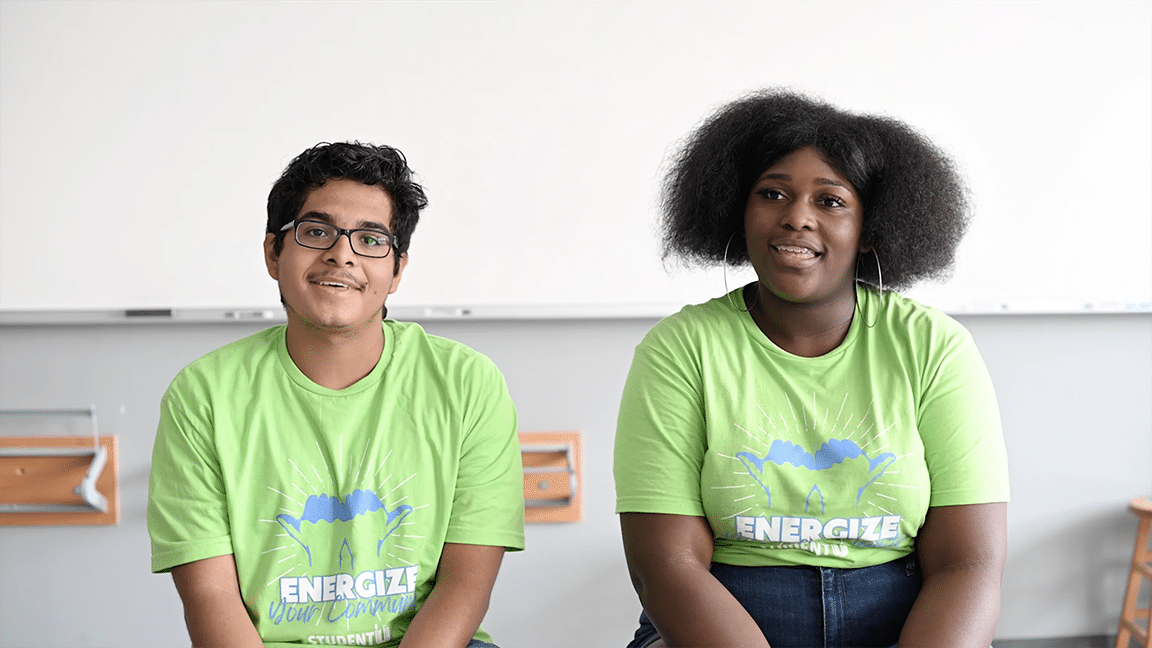 Youth Work 101: Supporting Students In Career Readiness
Youth Work 101: Supporting Students In Career ReadinessBy Sofia Ferrer
Welcome to the Youth Work 101 Series! Student U started this blog series to support youth work practitioners, educators, advocates for young people, and after-school professionals in their work by sharing what has worked for us. This month’s blog on supporting students in career readiness is paraphrased from an interview with Steven Rodriguez, Student U’s High School Program Coordinator.
Applying to college or preparing to enter the workforce is a daunting task for students and other individuals. During this period of uncertainty, there are many challenges that students face. It is often the case that students have learned little about the vast options for their futures. Thus, many students feel confined to particular career sects, applying to jobs without the knowledge of other options that they may find more enjoyable and fulfilling. Because careers are essential facets of everyday life, it is crucial that students learn more about career options and feel confident delving into the increasingly challenging job market. In collaboration with Steven Rodriguez, Student U’s High School Program Director, I offer recommendations for parents and teachers to effectively prepare students to enter the workforce and ensure they are confident to do so.
Throughout my interview with Steven Rodriguez, we discussed the importance of career-centered conversations from an early age and feasible ways to implement career readiness programs in primary schools. We believe that when parents and teachers begin talking to students about career readiness from a young age, students are more adequately prepared to navigate their futures. For example, a simple way to implement conversations about career readiness in households is to share resumes with children for them to learn first-hand from individuals who they trust and establish relationships about the importance of their futures. Because many students are unsure of specific careers that they are interested in, it is also important to expose them to as many ideas as possible. We believe that it is important not only for students to discover things that they like to do, but also things that they are not particularly fond of doing. Allowing students to discover their likes and dislikes narrows down the extremely large process of choosing a career that interests them. Parents can help their students discover their interests by helping them research careers, exposing them to less well-known job options, and talking to them about their interests and disinterests.
In school settings, there are even more possibilities to assist children in discovering their career interests. We believe all schools should incorporate aspects of career readiness in their curriculum. This could mean implementing resume-building workshops, interview practices, or career research initiatives in classrooms. This could also be including more field trips to universities, community colleges, trade schools, and job sites to expose students to a plethora of possibilities. Many universities, especially locally, offer opportunities like resume and cover letter workshops, writing assistance, and numerous resources that are available to the public. Thus, teachers and administrators should work to make this information known to their students so that students can make use of the incredibly helpful resources at their disposal.
In any case, the most important aspect of preparing your student for their future is centering their voices in conversations. Centering your student’s voice in conversations about their future pursuits, no matter the student’s age, ensures that they are in control of the conversation, and thus, in control of their career trajectory. Students must feel like their voice and ideas matter, and it is essential that they do not feel pressured to organize their lives in particular directions that are not conducive to their interests. Although I have presented some tools to prepare students for their future, it is always essential to listen to what your students want and consider what facets of career readiness would be most useful for their particular needs. A supported student who recognizes that they are in charge of their destiny is bound to succeed.










